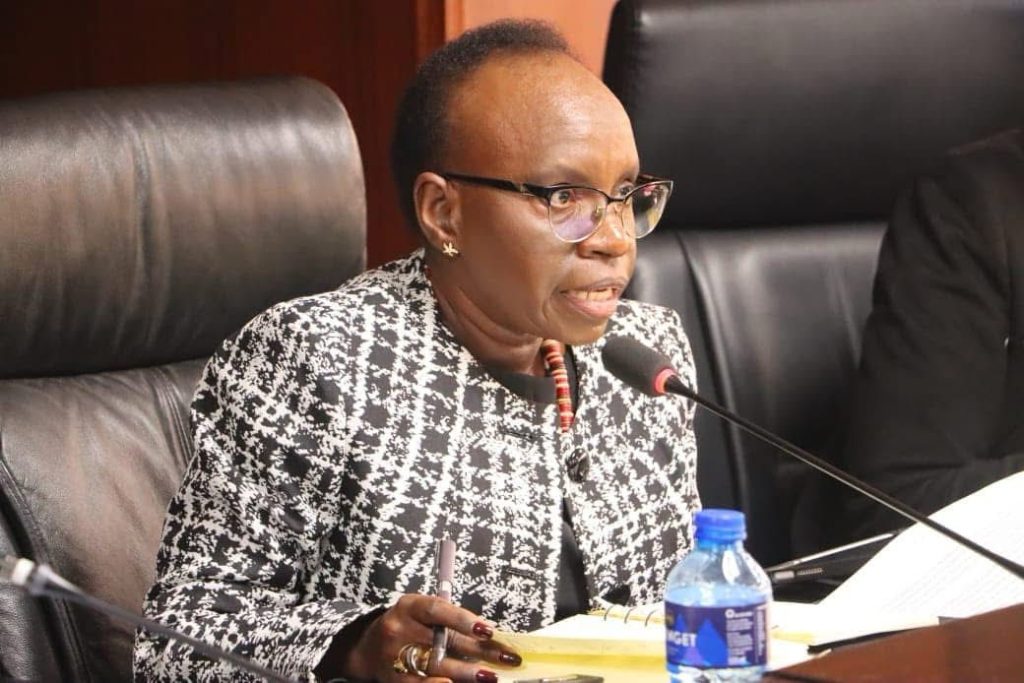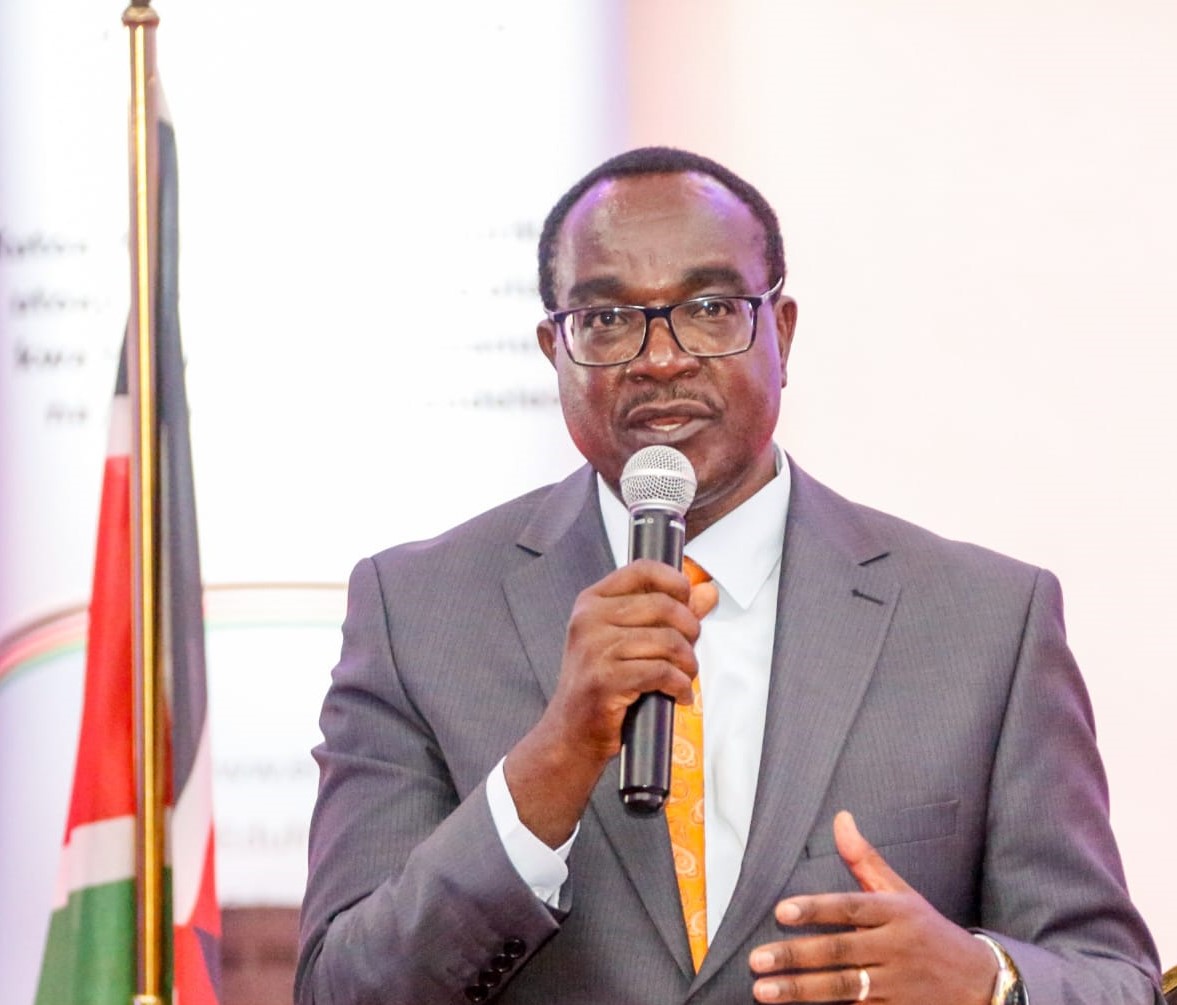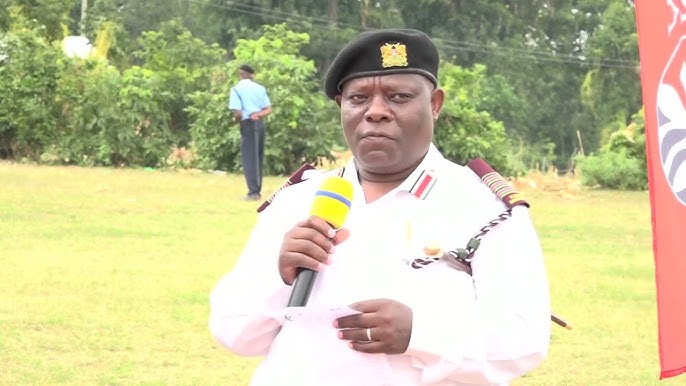By TWV Investigations Desk
An explosive special audit by Auditor General Nancy Gathungu has revealed a shocking web of deception and systemic failure in Kenya’s basic education sector, with billions of taxpayers’ shillings siphoned off through ghost schools, phantom learners, and flawed data systems.
The report, tabled before the Public Accounts Committee (PAC), lays bare how at least Sh3.7 billion in capitation funds, money meant to support school operations and infrastructure, was sent to schools and students who do not exist.
To unlock the full article:
Choose one of the options below:
- Ksh 10 – This article only
- Ksh 300 – Monthly subscription
- Ksh 2340 – Yearly subscription (10% off)

In what may be the country’s biggest education funding scandal, the audit paints a damning picture of institutional rot and negligence spanning four years, from 2020 to 2024. According to the Auditor General, capitation funds were fraudulently disbursed to 723 out of 1,039 sampled schools based on inflated or fictitious enrolment figures in the National Education Management Information System (NEMIS).
The breakdown is staggering:
- Sh3.5 billion overpaid to secondary schools
- Sh30.8 million to junior secondary
- Sh79.4 million to primary schools
The audit also found that 33 non-existent schools, completely absent on the ground, received a combined Sh28.59 million. In one instance, 14 schools were allocated Sh16.7 million, yet they were not listed in County Directors of Education (CDE) records, and local officers did not know of their existence.
The scandal worsens with the discovery that six schools which had ceased operations continued receiving funds totalling Sh889,348. While four schools admitted to holding the money untouched, the question remains: who authorised these transactions?
Further audit anomalies include:
- 13 schools whose official names differed from those in NEMIS, yet received Sh11 million in capitation
- 14 schools that appeared in the capitation records before they were even “created” in NEMIS
- One school received Sh6.4 million before its official registration date
- Data Discrepancies and Duplication
The audit uncovered serious data integrity issues across four critical education databases: NEMIS, the Teachers Service Commission (TSC), the Kenya National Examinations Council (KNEC), and the Kenya Primary School Education Assessment (KEPSEA).
In 32 counties, a total of:
- 65 schools received Sh74 million in capitation despite being absent from TSC, KNEC, or KEPSEA records
- 34 other schools received a jaw-dropping Sh61.5 billion but appeared in none or only one of the systems
“It was established that the system lacks a proper validation mechanism when capturing the school’s bank accounts,” the report reads. “This deficiency allows duplicate bank account numbers to be entered without detection.”
In addition to fake schools and pupils, the report exposes dangerous gaps in financial accountability:
- Sh10 million was disbursed to schools sharing bank accounts, meaning the money may never have reached the intended recipients.
- Three secondary schools operated a single bank account that received Sh103.3 million, contrary to guidelines requiring separate tuition and operations accounts.
- Six schools failed to update their banking details but continued receiving funds.
While fraudulent payments soared, genuine public schools continued to suffer from a massive Sh117 billion funding gap:
- Sh71 billion for secondary schools
- Sh31.98 billion for junior secondary
- Sh14 billion for primary schools
- Sh67.1 million for special needs education
Auditor General Gathungu concluded that the current capitation model is deeply inequitable, failing to consider the diverse needs of learners and schools. Her office recommended an urgent overhaul of the funding framework. Appearing before PAC, Director of Audit Justus Okumu confirmed that funds were paid to “schools in the system that we could not trace physically on the ground.”
Funyula MP Wilberforce Oundo was scathing: “We want to know who this heartless public officer is, who pressed the button to send money to ghost schools. Action must be taken.”
Chepalungu MP Koech Mandazi added: “This Ministry is more concerned with doing business than delivering services. How do you fund unregistered schools?”
PAC Chair Tindi Mwale vowed to summon the Basic Education Principal Secretary for questioning. “We are giving this matter urgency. Special reports are given precedence, we shall get to the bottom of this,” he said.
This exposé reveals a sophisticated web of fraud perpetuated through weak systems, poor oversight, and bureaucratic apathy. As public schools cry out for desks, classrooms, and basic amenities, billions continue to disappear into ghost accounts and non-existent institutions.
Unless swift and decisive action is taken, Kenya risks turning its education sector into a financial drain, where policy is undermined by politics, and children’s futures are compromised for personal gain.
Do you have insights, leaks, or documents relating to this story? Contact The Weekly Vision’s Investigations Desk confidentially at news@theweeklyvision.net
[/full]




